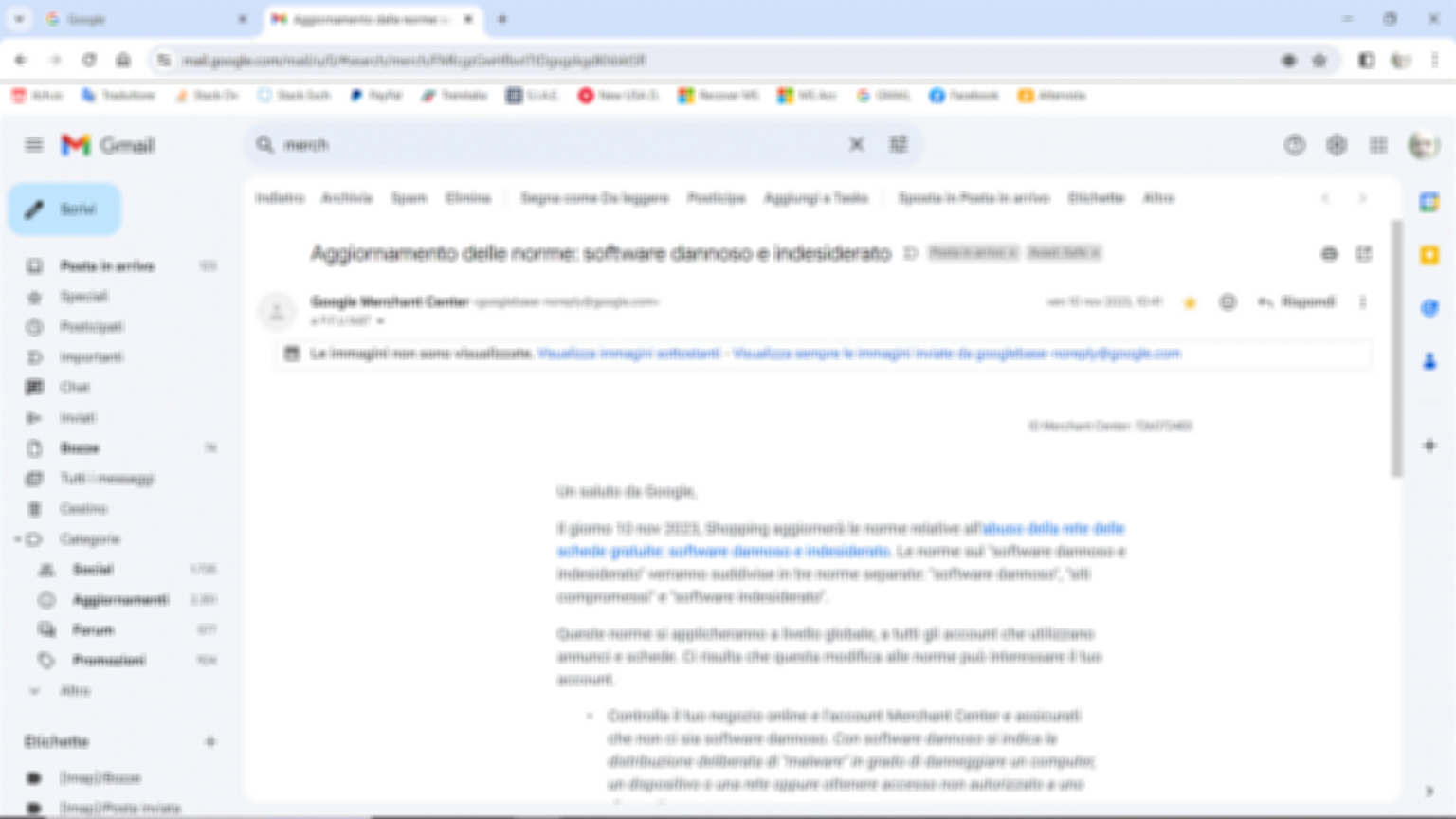There is translation errors.
"did you per chance get an email from itch" does not convey the same meaning as "you accidentally received an email from Itch" in the context I used it.
The chance involved was the chance of me guessing it right. Not the chance of you getting the email, and certainly not the implication of getting the email as an accident.
To be honest I do not know how much google is involved in the usage of itch, but I would find it surprising, if developers would be contacted by google directly for their itch activity. Itch does use some google analytics though.
While this might be too technical or complicated, anyone can try to check if a mail is non genuine by checking the header of the mail. You read the header from bottom to top and read the first few "from". There are IP adresses written. The first non local ip adress there should be the sender. And then you look up who owns that ip adress. Sometimes you can spot obvious scammers this way, especially from the big internet companies. Someone claiming to be such a big company would not send from an ip belonging to small servers in far away countries or ip adresses used by private home networks. In theory, those ip adresses could be faked, but I never have seen such a scam/spam. It is hard to fake ip adresses and most people do not know how to check for that anyways, so they just fake the sender and the content of the mail. Usually by invoking some urgency and prompting the recipient to click on links in the mail.
If there was no link in the mail for you to click, it probably was not a scam. But maybe it was a misunderstanding what this email was about.


